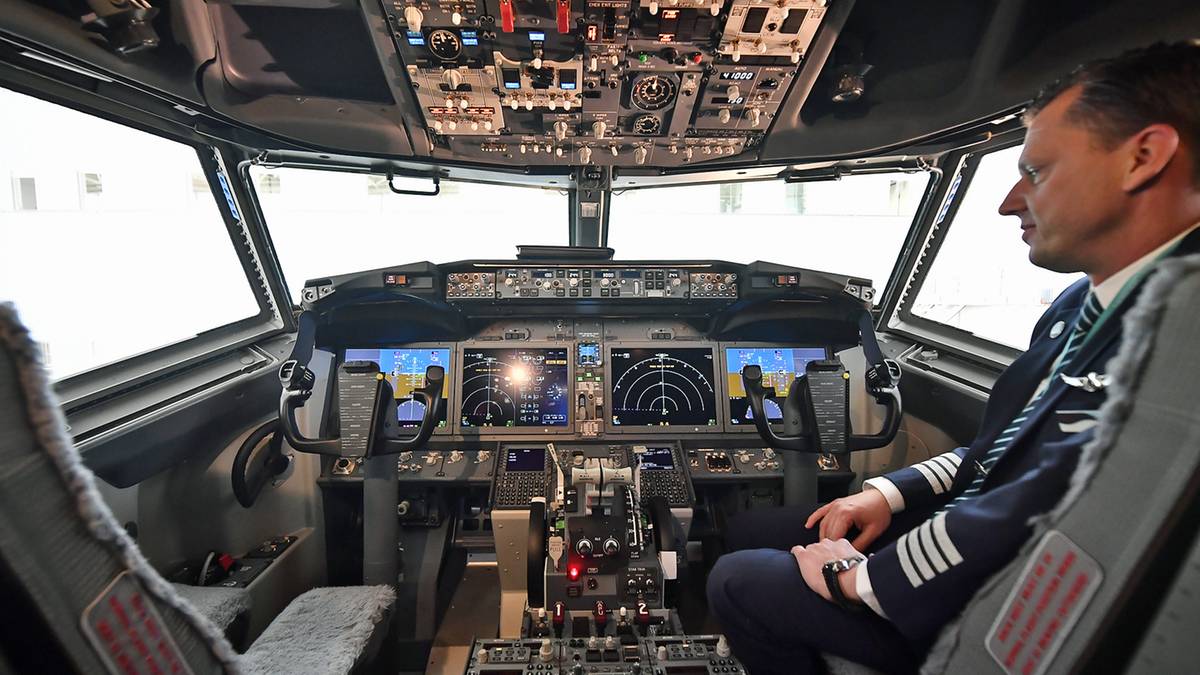How Business Intelligence Entered the Airline Industry
One might think that it is a ridiculous question when one considers that business intelligence is the ability to read and react to trends, analyze the marketplace, and make informed decisions based on real data and not just hunches and wishful thinking. Yet, in the airline industry, many of the decisions made each day are affected by what is called “the pulse” of the market. Airlines use all different types of information to determine which routes to take based on their current customers’ needs. This may include looking at how many seats are left at a particular airport, how much fuel is left, and the quality of the local transportation choices as well as their environment. There may be many other factors, but no matter what the pulse is, the airlines must know how would the airline industry use business intelligence to make those decisions.
The airline industry has been slow to adapt to technology in the commercial world. Airlines over the years have tried to improve efficiency by streamlining operations and reducing costs by increasing fares, and some have even tried to go completely wireless. If you had to travel from one major city to another during the holiday season, what time and in which direction did you drive? When you arrived back at home, how many miles did you drive? What type of lodging did you choose? How did you get there?
Now consider that same set of questions asked of business intelligence professionals who analyze the travel industry and the rise in competition from global airlines.
Those questions would likely include the following:
How would I access pricing information, fare information, and booking information for last minute seats? How would I find out what my customers need and want when they travel? Would I be able to predict how many customers would be taking the same route in the next six months or year?
How would I determine which of my routes was more profitable?
Business intelligence professionals have long suspected that airlines are using personal data such as travel history, preferences, and likes and dislikes to determine which routes to offer, and which routes to avoid based on that information. These personal details are so sensitive that they would be difficult to give up even after a company grows into a large one. But now that the company is publicly listed, it’s easy to see how this information has been used before. How would you choose your ideal air travel routes if you were researching the business model of competing airlines? These are questions that only a business intelligence specialist would be able to answer, and in a way that any regular employee wouldn’t be able to.
So the big question is how do you get access to all of this information quickly, easily, and cheaply?
The answer is… well, like everything else in life, you’ll have to pay for it. In this case, the airline industry isn’t paying for this information, because they don’t have to. They are sharing this information with other businesses that need to use this data to provide better services to their customers, but they aren’t having to give it away for free.
If you want to get the most out of your business travel, you should think about turning to the travel industry for insight on how to run your business more efficiently, and with less risk of customer complaints. With the right help, you can turn your business around without breaking the bank. Whether you are a small airline, a major airline, or a mid-sized airline, the help is out there. Just make sure that you are willing to ask for it, and that you are willing to do what it takes to turn that help into a profit. Finding the right people to partner with you can be done online with some research, but when you need it, you should find that partner ready and willing to help your business grow by figuring out how the airline industry works.




